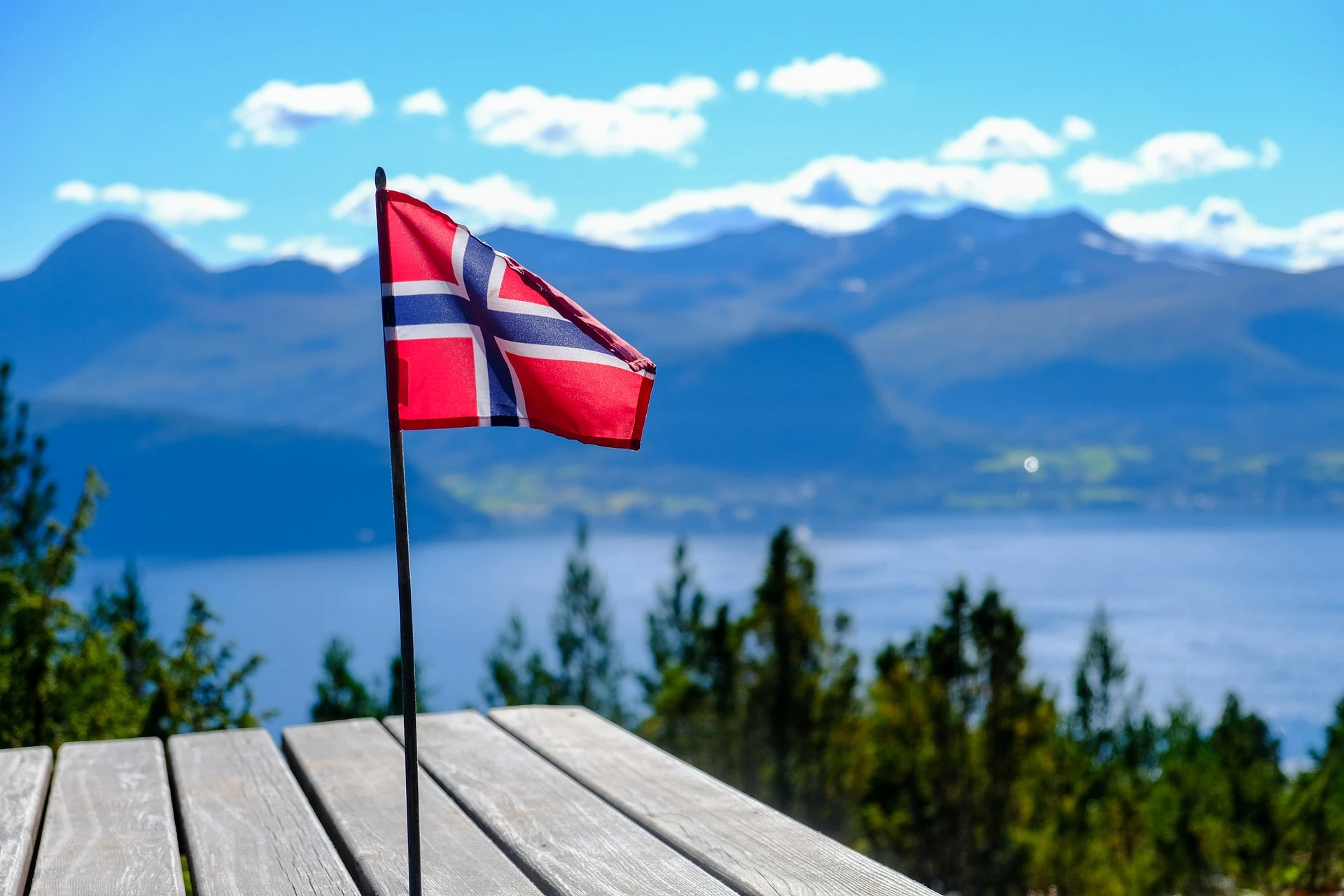Norway’s Conservative party joins calls for end to gambling monopoly

Norway is the last Scandinavian country to maintain a gambling monopoly and Finland’s move to liberalise its online market in July has prompted political interest for new gambling regulation in Norway.
Gambling is currently only legally provided by state monopolies Norsk Tipping and Norsk Rikstoto, which cover physical slots, lottery, online gambling, sports betting and horseracing.
The change in policy, written into the Conservatives’ 9 September election manifesto, is being championed by a committee of Conservative candidates made up of Magnus Mæland, Ola Svenneby, Tage Pettersen and Anita Oterhals Eide.
“Replace the current exclusive rights model with a licensed model to increase revenues for the state and [provide] greater opportunities to help those who are struggling with problem gambling,” the policy reads (page 48).
“Arrangements and framework conditions [can be] investigated based on the experiences from Sweden, Denmark and Finland,” it adds.
It replaces an old policy from 2021 calling for the monopolies to be preserved.
Norway’s Conservative party is the second biggest party in parliament with 36 of the 169 seats. It obtained 20.6% of the vote in the 2021 general election.
The date of 8 September 2025 is earmarked for the next general election and political parties have already released the first draft of their manifestos.
These policies will go through a public consultation period, before edited versions are presented to the national assembly ahead of the election next year.
Other party views on a liberalised gambling system
The Labour party currently governs Norway with a small majority of 48 seats. It formed a coalition with the Centre party in 2021 to gain an additional 28 seats. It has supported the gambling monopoly system.
But the Progress party, with 21 parliamentary seats, called for the monopoly to be abolished in its 2021 manifesto, with the objective being to introduce “a licensing scheme for sports and entertainment games on an equal footing with our neighbouring countries”.
The Liberal party, meanwhile, said it will review the current gambling regulations in an effort to tackle gambling addiction in its 2025 manifesto.
Norway’s gambling trade body “extremely optimistic”
“I am extremely optimistic this could be our time for a licensed gambling market,” Carl Fredrik Stenstrøm, general-secretary for Norway’s gambling trade body Norsk Bransjeforening for Onlinespill (NBO), told iGB.
“Everyone [in Norway] understands it is a matter of time before the market is liberalised. And we learned from Sweden that problem gambling did not increase when they regulated.”
This, he said, has been a concern for some policy makers. Finland’s move to regulate has been a fantastic outcome for Norway’s current grey market.
Stenstrøm said parties debated the possibility of ending the gambling monopoly in 2021 but the effort was dismissed. He believes that now there is a cross-party view to open the market, the topic will be approached once again and likely result in renewed regulation.
He expects Norway could have a liberalised online gambling sector by 2028.
In September 2023 the European Gaming and Betting Association (EGBA) urged lawmakers in Norway to switch from its current monopoly system to a licensing model for online gambling to help combat issues such as consumers gambling with unlicensed sites.
